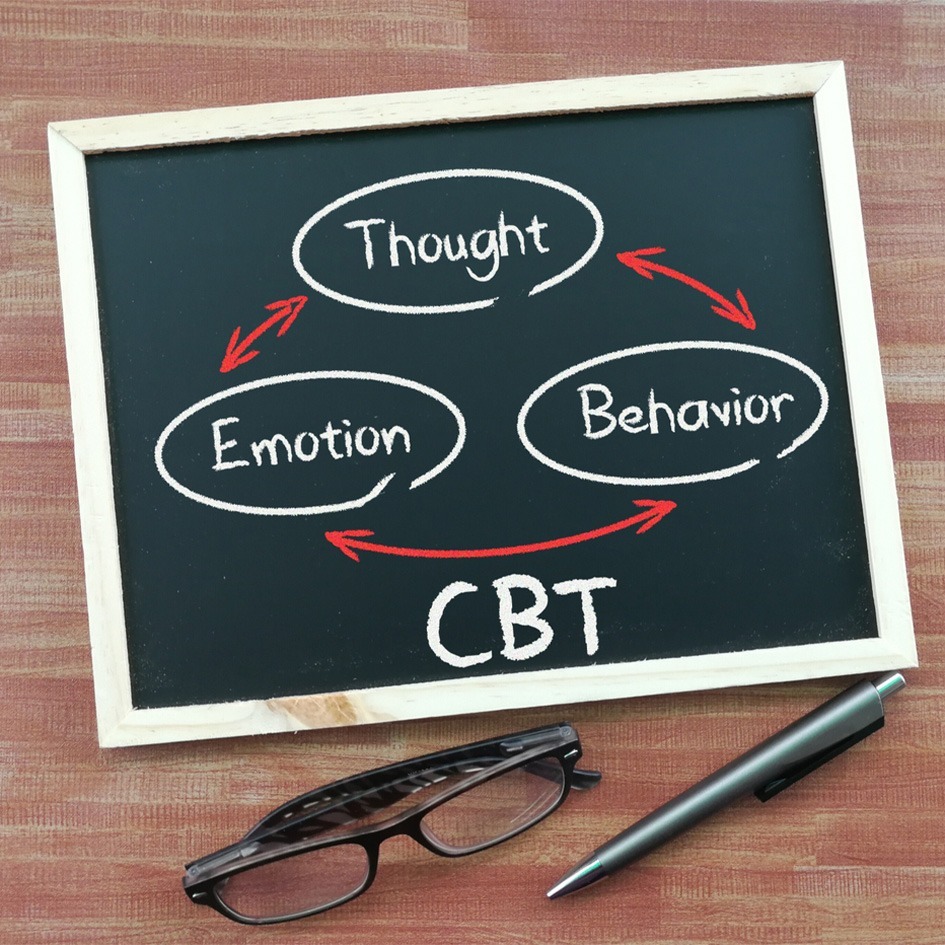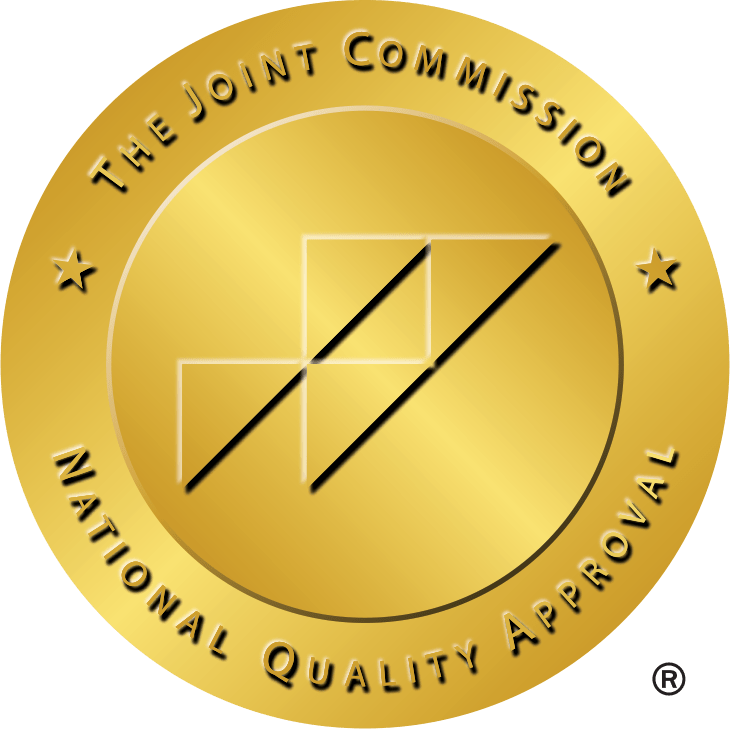Cognitive Behavioral Therapy (CBT) is one of the most widely accepted therapies and one we use frequently at Brooks Healing Center. It has been used for a wide range of issues and continues to be one of the strongest forms of therapy today.
Cognitive Behavioral Therapy (CBT) is one of the most widely accepted therapies and one we use frequently at Brooks Healing Center. It has been used for a wide range of issues and continues to be one of the strongest forms of therapy today.
Cognitive behavioral therapy (CBT) is a proven psychological treatment known for its efficacy in addressing various issues, such as depression, anxiety disorders, substance abuse, relationship difficulties, eating disorders, and other kinds of serious mental illnesses.
Extensive research indicates that CBT brings about substantial enhancements in individuals’ functioning and overall well-being. In fact, numerous studies have consistently demonstrated that CBT is either equally or even more effective than alternative forms of psychological therapy or psychiatric medications.
It is crucial to highlight that advancements in CBT have been achieved through both rigorous research and extensive clinical practice. CBT stands out from many other psychological treatments due to its solid foundation in scientific evidence, ensuring that the methods developed yield actual transformative outcomes.
CBT operates on a set of core principles, which include:
- Psychological problems are, to some extent, influenced by flawed or unproductive thinking patterns.
- Psychological problems are, to some extent, influenced by learned patterns of unhelpful behavior.
- Individuals grappling with psychological problems can acquire improved coping strategies to alleviate symptoms and enhance their overall effectiveness in life.

CBT and Thinking Patterns
CBT treatment usually involves efforts to change thinking patterns. These strategies might include:
- Learning to recognize one’s distortions in thinking that are creating problems, and then to reevaluate them in light of reality.
- Gaining a better understanding of the behavior and motivation of others.
- Using problem-solving skills to cope with difficult situations.
- Learning to develop a greater sense of confidence in one’s own abilities.
When we go through life, we learn things in certain ways that can promote specific patterns of thinking. Many times, these patterns we pick up are good, but if we develop an unhealthy way of thinking or an original pattern descends into an unhealthy one, then that’s where CBt can help.
Sometimes it takes the help of a professional to show us where our thinking patterns go wrong, and that’s okay! Everyone can benefit from CBT in one way or the other.
CBT and Behavioral Patterns
CBT treatment also typically incorporates techniques aimed at modifying behavioral patterns. These strategies may include:
- Encouraging individuals to confront their fears instead of evading them.
- Utilizing role-playing exercises to prepare for potentially challenging interactions with others.
- Acquiring skills to effectively calm the mind and relax the body.

Not all CBT approaches incorporate every strategy mentioned above. Instead, psychologists and patients/clients collaborate to understand the problem and develop a tailored treatment plan.
CBT places significant importance on empowering individuals to become their own therapists. Through in-session exercises and assigned “homework” tasks outside of sessions, patients/clients are guided in developing coping skills that enable them to proactively alter their thinking patterns, manage problematic emotions, and modify behaviors.
CBT therapists prioritize the present circumstances in a person’s life rather than solely focusing on the factors that have contributed to their difficulties. While some historical information is necessary, the primary focus is on moving forward and cultivating more effective ways of coping with life’s challenges.
If you or a loved one is struggling with addiction or any kind of disorder, call Brooks Healing Center today to speak with one of our medical professionals so we can start you on your path to recovery.




